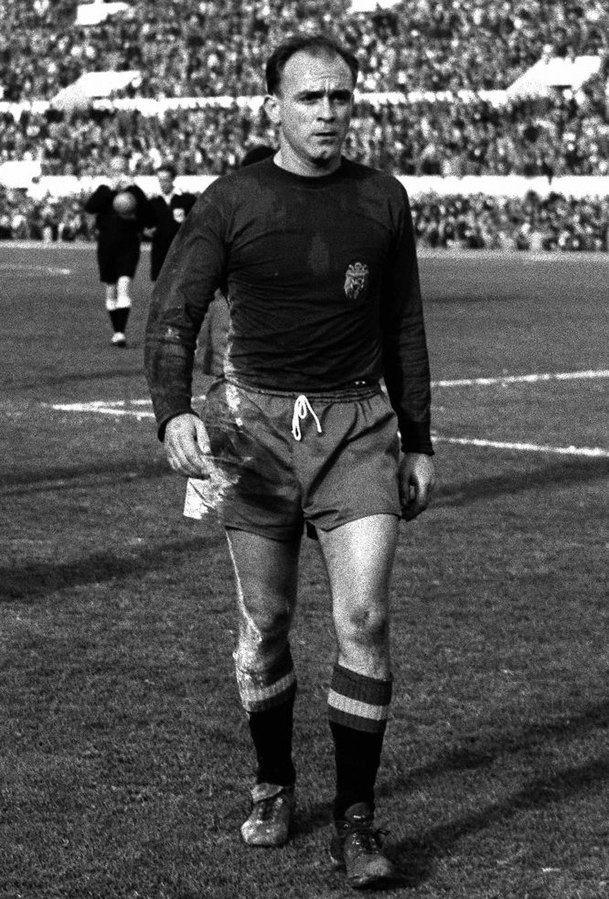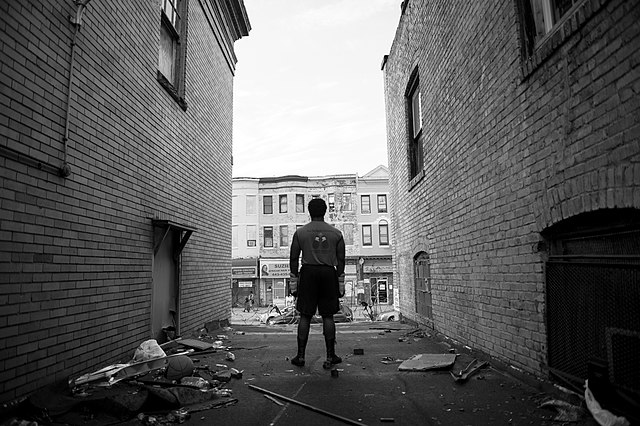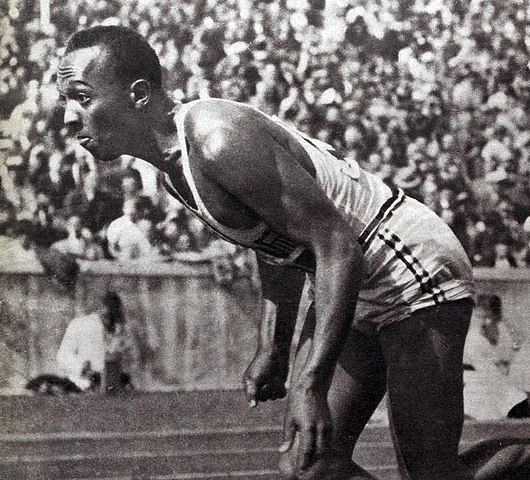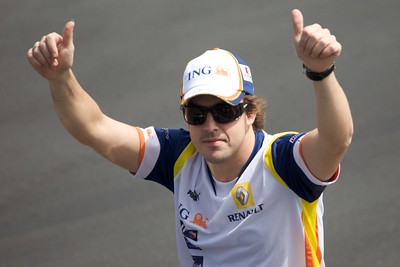The fourth winner of the "Golden Ball" - Alfredo Di Stefano
The Real Madrid striker is the first with more than one award since he won the award in 1959
The fourth "Golden Ball" for the best football player in Europe was awarded in 1959. For the second time after his triumph in 1957, it is Alfredo Di Stefano. The striker of Real Madrid is again dealing with the competition of his until recently teammate Raymond Kopa, as well as the Welshman John Charles, who is part of the Juventus team.
For the first time since the start of this ranking, journalists who have the right to vote are 20, not 16, because four new countries have become members of UEFA and broadcast their representatives who vote. Each of the journalists can name five best players, but he has no right to choose among them a football player from the country he represents.
Alfredo Di Stefano collects 80 points after 14 people put him in first place, and in the next four positions he is lined up by one of the four who chose him as the top 5. The second-placed Coppa is far behind with 42 points and the curious fact about him is, that none of the voters put him in the first position. The Frenchman has four second, seven third, two fourth and one fifth places. With 24 points, John Chalz remains in third place, considered by two to be the best. Very little separates Barcelona's Luis Suarez from the top 3 – just 2 points short of leveling Charles.
There are two Bulgarians in the ranking. Ivan Kolev from CDNA Sofia finished with three more people in the thirteenth position with 4 points for one fourth and two fifth places, and his teammate Georgi Naydenov got one less after only one of the journalists voted for him, but placed him in third position.
Di Stefano's selection seems logical as he is LaLiga's top scorer with 22 goals, although his side finished second behind Barcelona. The Catalans also stopped Real Madrid in the semi-finals of the cup tournament. Far more important, however, is the triumph in the race for the KESH, or European Champions Cup. Los Blancos were uncompromising and won the honor again with a 2-0 win over Reims in the final, in which Di Stefano scored the second goal. Forming an incredible duo with Hungary's Ferenc Puskas, the Spanish-born Argentinian striker scored one of the two goals in the play-off semi-final with Atletico Madrid. The city rival is not far from knocking the Whites out of the tournament, but at La Romareda, Real won 2-1 after the two teams exchanged one success each at the Santiago Bernabeu and the Metropolitano before that. Di Stefano also scored 4 goals in Los Merengues' 7:1 win over Wiener Sport-Club from Austria.
The Ballon d'Or received by the Real Madrid striker in 1959 once again shows that the voters are not slaves to names, but look at the individual achievements of a player who stood out among the rest and helped the success of his team .




